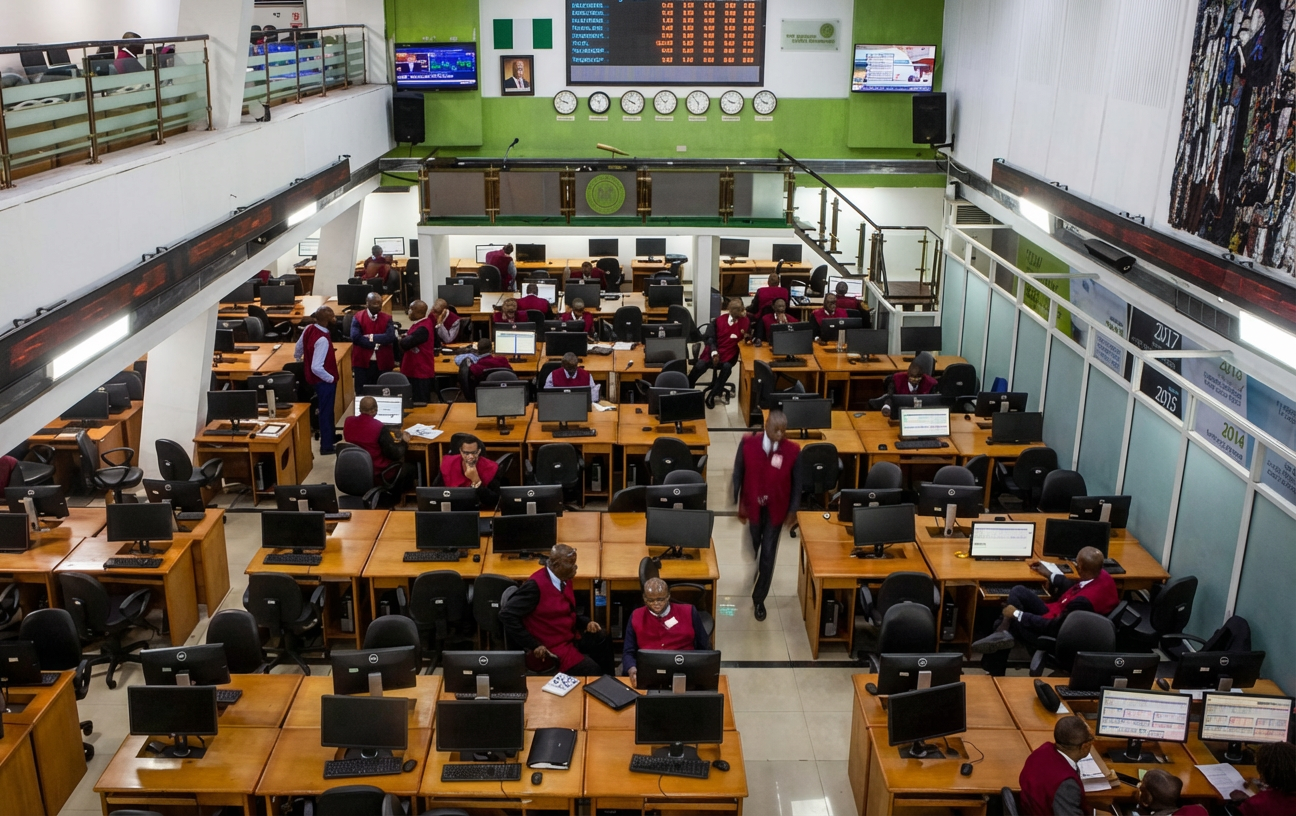Insecurity and insufficient electricity supply were the primary challenges confronting Nigerian businesses in October, the Central Bank of Nigeria (CBN) has disclosed.
According to the Central Bank’s latest Business Expectations Survey (BES), firms across major sectors identified insecurity as their foremost constraint, recording 71.8 points, while insufficient power supply trailed closely at 70.9 points.
Multiple taxation emerged as the third major concern at 70.2 points, followed by elevated interest rates at 68.4 points and financial constraints at 65.6 points, completing the top five business obstacles.
Additional concerns highlighted by respondents included excessive bank charges at 64.7 points, adverse economic climate at 63 points and ambiguous economic regulations at 62.3 points.
Poor infrastructure and unfavourable political environment came at 58.7 and 57.5 points respectively, indicating a relatively moderate impact of the two variables.
Notwithstanding the obstacles, the survey indicated renewed optimism in the business community. The overall business confidence index climbed to 38.5 points in October from 31.5 points, reflecting improved sentiment regarding macroeconomic conditions.
Projections suggest further improvement, with expectations set at 45.6 points for November, rising to 52.3 points within three months and 52.5 points over a six-month frame.
Sectoral analysis revealed that the industrial sector recorded the highest confidence level at 40 points, whilst the agriculture and services sectors registered 38.1 and 37.6 points respectively.
Regionally, the North-East demonstrated the strongest optimism at 56.1 points, followed by North-Central (55) and North-West (54.5). Conversely, the South-South zone recorded the lowest confidence level at 23.3 points, attributed to declining output and reduced business activity in oil-producing communities.
The survey also recorded a marginal improvement in capacity utilisation, which rose to 62 per cent in October from 60.4 per cent the previous month, indicating a gradual enhancement in resource deployment amongst surveyed enterprises.
Regarding financial indicators, expectations for exchange rate stability and borrowing conditions remained cautiously optimistic. The exchange rate expectation index stood at 29 points in October, with projections rising to 39 points over six months. Similarly, the borrowing rate expectation index was 10.3 points in October, with modest improvement anticipated.
The CBN stated that the survey, conducted between October 6 and 10, 2025, covered 1,900 business enterprises spanning industry, services and agriculture, achieving a 99.1 per cent response rate.
The apex bank emphasised that the survey findings represent respondents’ perspectives and do not constitute official CBN policy positions.






